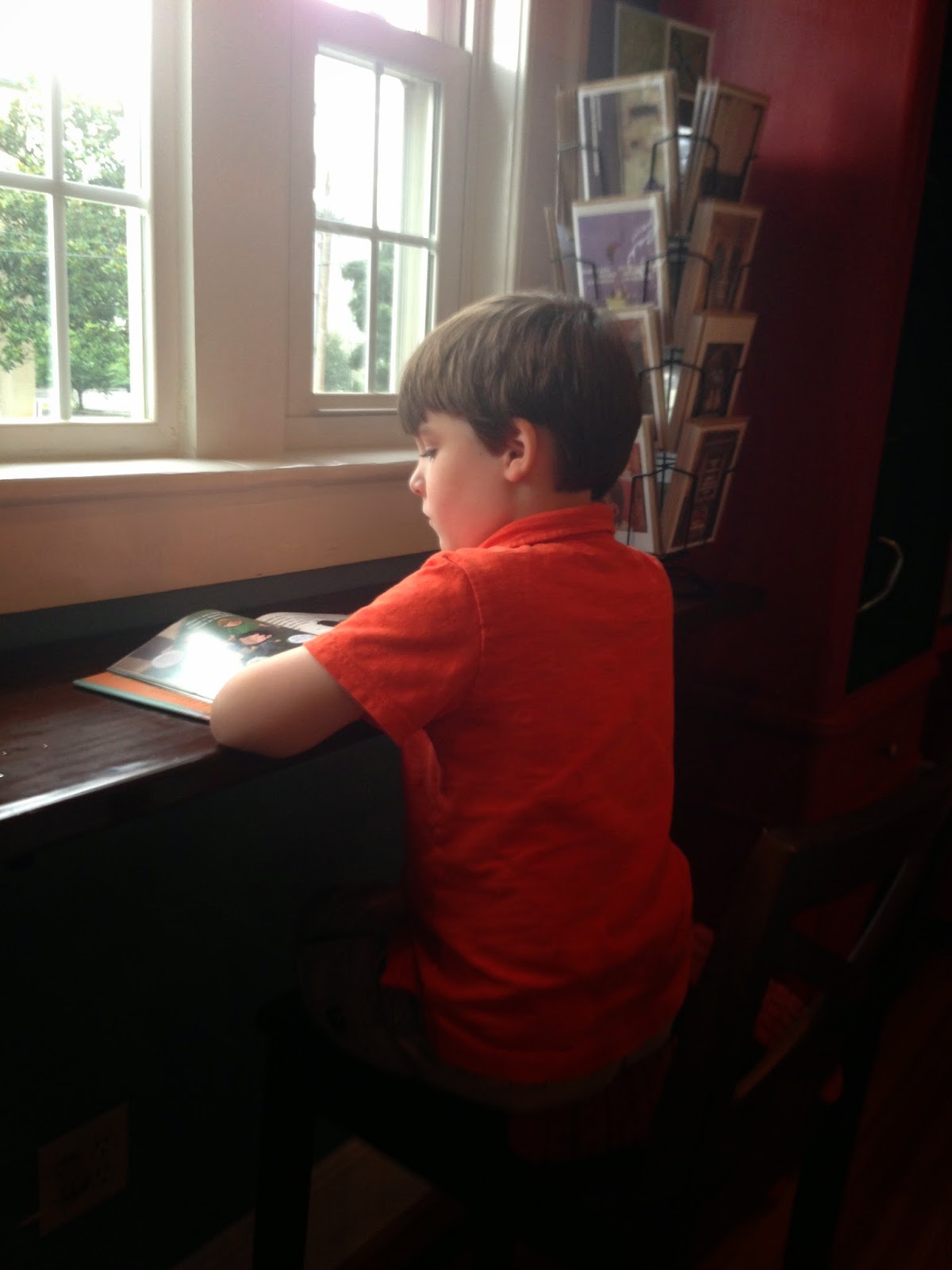As a preacher, I often write the sermons I most need to hear. But as a mom, I rarely practice what I preach. My toughest "congregants" are my children, who have the misfortune of having two ordained ministers for parents. I can joke about the stereotypes of PKs (preachers' kids) and their misbehavior, but I worry that story of the cobbler's children having no shoes might one day apply to us.
Is it possible that two parents who have devoted their hearts and lives to following Christ may raise children who don't value religion?
In the evangelical church of my childhood, we held tightly to the King James Version promise of Proverbs 22:6-- "Train up a child in the way he should go and when he is old, he will not depart from it." But we are living in a time where church commitment is shifting. More and more of the college students I serve, even those who profess an active faith, see no need in belonging to a church community or don't make it a priority to find one. Others have left the church with scars or have been excluded for their sexual identity or beliefs. As former church employees, my husband and I bear our own bruises and we have left broken churches feeling more broken ourselves.
As we find healing in a different church and tradition, I watch my kids to see how faith is taking root in their lives, how they are growing through worship. How much do they understand about why we go to church? How much do they remember about why we left? Are they even listening?
One of this past Sunday's lectionary passages was on the prodigal son, and it happened to be a week I was scheduled to teach my son's Sunday School class. The third through fifth graders had a great time acting out the story, particularly relishing the killing of the fatted calf. They empathized with the older son's anger at the “unfair” treatment his brother received in being rewarded for his foolish behavior, and shared plenty of personal anecdotes of their own.
Then we shifted to talking about grace. In this story, the father is gracious to his wasteful son, accepting and loving him, mistakes and all. He warmly welcomes him back home even though the son had left his father without a second thought. He shows unconditional love and forgiveness, celebrating his beloved child.
As a parent, I long to offer that grace to my children and to myself. I don't want to hang on to the frustrations and disappointments of our daily battles. I don't want to judge them for not being who I expect them to be and miss the goodness of who they truly are.
Instead of measuring out things in terms of what is fair, I want to love them as God loves us, extravagantly and without measure. I want to embrace them fully as they are, while also encouraging the potential I see in them.
I was not in this graceful frame of mind when we returned home from church, however. In my haste to get the kids in bed, I was frustrated and short with them. My son was quick to reprimand me for not showing the grace I had just been teaching. It was a powerful lesson that he had heard, but even more, he was learning through my actions. Likewise, I learned from him and realized how often he shows me grace in my failures. I see it in his trust that each day is a new beginning.
“God’s mercies are new every morning. Great is your faithfulness.”
Part of this journey of grace for me is trusting the work of God in their lives, seen and unseen. It is having faith in God’s presence that is always with us, wherever we may roam. Grace shows up in forgiving past hurts and starting each day with a new hope. Grace is teaching through our words and actions, but ultimately trusting in the power of God’s truth and love to transform all our lives.
I know that it must begin with me. I pray for God’s grace to transform my anxious heart. I seek God’s grace in my failings and in helping me to forgive myself and others as I have been forgiven. May my children see God’s grace in me.
I pray that one day, when we send them out to make their own way in the world, that grace will always guide them back home to find God's love.



.jpg)



















.JPG)
.JPG)